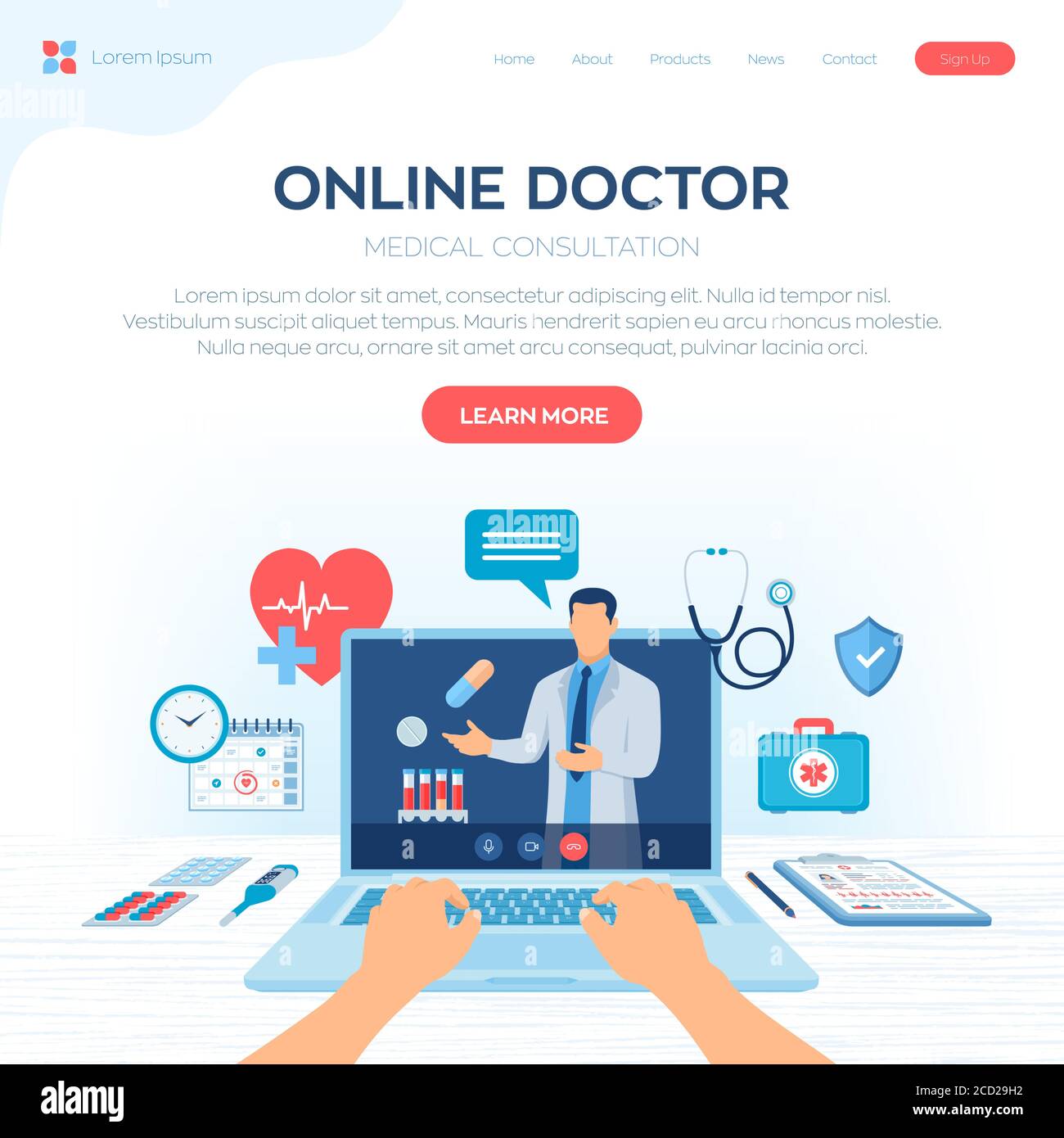How Subscription Based Healthcare is Transforming Patient Access to Services
How Subscription Based Healthcare is Transforming Patient Access to Services
Blog Article
Browsing the Future of Medication With Subscription-Based Medical Care Provider
As the health care sector develops, subscription-based services emerge as a pivotal design guaranteeing to improve person care delivery. With the possible to supply structured, affordable services through foreseeable pricing and individualized focus, these solutions stand at the forefront of contemporary medical advancement. Yet, as we consider their surge, one should consider the effects of integrating such systems into existing healthcare structures. What challenges do they posture in terms of information security and equitable access, and exactly how might they redefine the patient-provider partnership? The response to these concerns can fundamentally alter our approach to medical care.
Surge of Membership Healthcare
As healthcare systems around the globe face boosting pressures from increasing expenses and need for services, the development of subscription-based health care designs has become a transformative trend. This ingenious approach is interrupting traditional health care distribution by offering a foreseeable, flat-rate repayment framework for clinical services. Rooted in the principles of concierge medication, subscription-based medical care permits service providers to concentrate on personalized person treatment while at the same time handling functional performances.
The enhancing consumer need for openness and predictability in healthcare expenses has driven the shift in the direction of this design. Subscription-based solutions frequently use straight access to healthcare professionals, which can decrease the administrative concerns connected with insurance coverage cases and repayments.
This version is obtaining grip amongst diverse doctor, from medical care physicians to specialized centers, by lining up economic motivations with continuous and precautionary treatment. By moving the focus from quantity to value-based care, subscription medical care has the possible to reshape the landscape, cultivating an extra patient-centered and lasting approach to wellness monitoring.
Advantages for People

Furthermore, subscription-based solutions frequently emphasize preventative treatment, motivating routine examinations and health and wellness screenings. This proactive approach can result in very early discovery of health and wellness problems, potentially enhancing end results and minimizing lasting medical care prices for patients. Such designs commonly offer transparent rates, allowing individuals to better comprehend their medical care costs and avoid unanticipated clinical costs.
The individualized nature of subscription-based healthcare also improves person experience. People can get customized health care strategies that match their specific needs, promoting a more patient-centric technique.
Innovation's Function in Transformation

Expert system (AI) plays an essential duty in anticipating analytics, helping in early diagnosis and tailored therapy plans. AI formulas evaluate vast datasets to determine patterns that may be ignored by human observation, hence improving medical decision-making. Additionally, electronic wellness records (EHRs) enhance patient info monitoring, making sure connection and comprehensibility of treatment throughout different services and suppliers.
Blockchain modern technology enhances information safety and security and personal privacy, important for preserving patient her comment is here rely on digital platforms. It allows transparent and safe deals of medical data, guaranteeing that delicate info remains safeguarded. With the combination of artificial intelligence and AI, blockchain can automate intricate health care procedures, minimizing management burdens.
Considerations and difficulties
While innovation drives the capabilities of subscription-based healthcare services, it also presents a set of difficulties and considerations that need to be dealt with to make certain effective execution. One considerable difficulty is the equitable accessibility of these solutions. As registration models often count on digital platforms, there is a danger of exacerbating the electronic divide, leaving behind individuals without web accessibility or electronic proficiency. Ensuring these solutions do not overmuch benefit only tech-savvy and upscale populaces is necessary.
Information their website privacy and protection represent one more important factor to consider. Subscription-based solutions frequently involve the collection and storage space of large amounts of individual health and wellness details. Suppliers must stick to rigid data protection regulations to preserve patient count on and avoid unauthorized gain access to, which could cause considerable honest and legal repercussions.
As healthcare needs advance, preserving an affordable balance in between subscription charges and service quality is vital to avoid individual discontentment and attrition. Dealing with these challenges is vital as subscription-based health care solutions proceed to expand and progress.
Future Implications for Medication
Subscription-based medical care services are poised to substantially affect the future landscape of medicine by reshaping exactly how care is accessed and supplied. These versions supply the possible to equalize medical care accessibility, offering individuals with more timely and tailored interventions. By leveraging innovation, such as telemedicine and information analytics, subscription solutions can assist in continuous monitoring and customized wellness administration, therefore improving outcomes and reducing the problem on conventional health care systems.
As these solutions gain traction, they might stimulate a shift towards preventative treatment, highlighting the value of very early discovery why not find out more and monitoring of chronic conditions. This proactive method may ultimately reduce health care prices by minimizing the requirement for costly therapies arising from late-stage disease monitoring. In addition, registration designs use a scalable remedy to resolve variations in medical care access, especially in country or underserved populaces.
However, the shift towards subscription-based versions demands dealing with ethical and regulatory factors to consider, including information privacy and equitable access. As the market evolves, collaborative efforts between policymakers, technology programmers, and medical care suppliers will be critical to developing durable structures that guard client rate of interests while promoting innovation. Eventually, these services guarantee to contribute dramatically to a much more reliable, patient-centered healthcare ecosystem.

Verdict
Subscription-based health care solutions represent a considerable advancement in the medical field, providing predictable costs and personalized treatment that boost availability and prioritize precautionary procedures. As the healthcare landscape develops, membership versions are poised to play an important function in shaping the future of medicine.
As the healthcare sector progresses, subscription-based solutions arise as a pivotal version guaranteeing to reshape person care shipment.As health care systems around the globe face enhancing stress from rising costs and demand for services, the arrival of subscription-based health care models has actually emerged as a transformative fad (subscription based healthcare).With the rise of subscription-based healthcare designs reshaping standard medical care distribution, people are beginning to experience considerable advantages from this innovative technique. As medical care needs develop, preserving a cost-effective balance in between registration costs and solution high quality is important to prevent individual frustration and attrition.Subscription-based healthcare services are poised to dramatically influence the future landscape of medication by reshaping how care is accessed and supplied
Report this page